
Everyone with baby fever feels elated when they see two red lines on the pregnancy test strip. Thereafter, commences the blissful journey of raising a small wonder that your partner and you have crafted. However, as soon as the baby arrives, we are left wondering about so many hows and whys? Though we have heard and read volumes about raising a child, the coos and cries of our little munchkin, especially during the initial days, leave us flabbergasted.

Image Credit: https://www.youtube.com/watch?v=MzwAsUlkpjA
Why Do Babies Cry?
We keep thinking, scrolling and searching for answers to questions – Why is my baby crying? Is she hungry? Is it normal for babies to cry so much? I just fed her, why is she still crying? How long can a baby cry without stopping? Why do babies cry at night? Why do babies cry when they wake up? How to stop a crying baby? Are there any side effects of too much baby crying? etc. And while we keep struggling with these questions, the answer can never be the same.
Research suggests that on an average, babies across the globe cry for 2 hours per day in the first two weeks and which may vary at 2 hours 15 minutes at six weeks. By 12 weeks the crying reduces to 1 hour 10 minutes.
Why Is My Baby Crying?
So the first step to answer this question is to understand what has triggered those tears. Some experience and experts help us reach these wrongdoers. Infant crying is a baby’s response to an external or internal stimulus. The baby is fully dependent on you. Crying is the only form of communication that a baby knows before it starts learning the language.
Just think about it this way, what if there’s something terribly dirty coming out of your rear end and you don’t know what to do? If you were to be passed around like a play toy and that too empty stomach, what would you do? What if you were sleepy, tired, gassy, uncomfortable, and in need of love and all that people did was play peek-a-boo with you? Will you not cry?
Just like every pregnancy is different, every child is different, however, one thing that babies have in common is their disposition to cry. Why? Because how else do they get your attention and communicate their needs, wants and insecurities?
As the baby grows, she will learn to communicate through gestures, eye contact, by making noises and smiling. Until then, scroll through the possible reasons behind a wailing infant and how you can soothe him/her.
Some Reasons Why Babies Cry And What You Can Do To Soothe Them?
Whenever a baby cries, more often than not, it is trying to communicate something. Usually newborns spend two to three hours a day crying. Crying is a form of signal that babies give when they need immediate attention. During the initial months, especially for first time parents, it may become difficult to gauge the apparent reason for infant crying. We have covered some reasons why babies cry and what can be done to soothe them.
- Hunger – Newborns need to be feed after every couple of hours during the first few months. Your baby will start crying as soon as it feels hungry. If your baby is on breastfeed, she might feel hungry soon more often, even when her last feed has not been long ago. Offer her your milk. This is known as responsive feeding. Your baby will let you know by coming off your breast in her own time, when she feels she has had enough.
However, if your little one is on formula milk, she might not need milk for up to 2 hours. But if she has not been finishing her formula milk feed she might ask for more formula milk in small quantity and a bit frequently.
- Urge to be held – Sometimes your baby might not be hungry, but she might be looking for something to comfort her, that can be your warmth when you start feeding her, the comfort of the bottle or maybe a pacifier. Few babies even find comfort in sucking their own thumb or finger. Babies have this urge to be cuddled which gives them reassurance. So sometimes crying maybe because your baby wants you to sway and sing to them while they stay close to you in your arms. In other words, baby wearing might help you in this case.
- Fatigue – When you are blessed with your bundle of joy, you have dotting visitors who wish to meet you and the little bud. Sometimes lots of attention from them might over-simulate the baby and he might find it difficult to sleep. The baby might get over-tired and thus, may become fussy. There are few signs that become evident in sometime to parents that suggest that the baby might want to sleep; these include being quite and still, staring into space or crying and fussing at the slightest sound or thing.
The best way in this case is to take the baby to a quite room, feed him, and help him calm down and put help his sleep.
- Colic – Colic is common in babies. During the first month after the birth, about 1 in 5 babies get colic which results in more than 3 hours of crying in a day, approximately thrice a week. The crying jags are usually high-pitched and louder. If you touch the baby’s belly you might find it bulging and the baby’s face may become red.
The exact causes of colic are not known, but usually a midwife says it is because of the milk that the baby consumes, be it mother’s milk or formula. Some experts believe that colic may be associated with stomach problem like allergy, wind, and reflux, intolerance to breast milk or constipation.
Usually, colic settles on its own when the baby turns three or four months old. However, in order to soothe your baby, you may rock him to sleep or use a pacifier. You may also consult your doctor for the same.
- Sleep Habits – Your baby will be able to sleep and stay asleep on their own by the time they turn 6 months old. However, even after getting into a sleep schedule the baby might not be willing to sleep without you. The baby might be facing trouble to sleep if there are changes in the home or if the baby is not feeling well.
In this case, don’t let the parent guilt seep in. Research suggests that it is important to let you baby cry out for longer stretches and let them learn to sleep on their own faster and for longer duration before you check on them to help. However, if your baby has been wailing for over 2 hours, has not been eating or drinking anything, or throwing up, has not been peeing or has poops with blood or doesn’t respond, or is having fever, you should immediately connect with your doctor.
- Reflux – Babies tend to swallow in air, while they’re being fed. And this air can lead to mild discomfort in their little tummies. If the baby starts crying after it has been fed or while it being fed, it may be nothing more than a little air that’s stuck inside. Getting the baby to burp by patting and massaging its back will put an end to the wailing. Try holding it in different positions if one doesn’t make the baby burp.
In order to soothe your baby you may also invest in bottles and nipples that are designed to prevent swallowing too much air.
If still the problem persists, then this could be because of reflux. Get in touch with your paediatrician for the same.
- Diaper Change – Although some babies can tolerate the dirtiness and won’t reach out to you till their skin feels irritated, some babies will immediately start to cry when they’re dirty and need a nappy change. Go and check your baby’s nappy if it’s dirty. Remove, clean, and change the diapers lest some diaper rash appears on the skin and the crying becomes all the more fearsome.
- Growing Teeth - It is an excruciating experience for the babies when the teeth begin to form out of their soft gums. This process can be equally excruciating for the parents because it’s a pain that they can’t make it go away. Normally it is from the start of 4th month to the 7th month that teeth begin to peep out between the gums. Some babies start teething after 12 months. Put your finger in between the baby’s gums to check if that’s what making the baby cry. Consult a paediatrician for further information as to what can be done to ease the pain.
- Some form of discomfort - Lying in one position for too long, feeling cold or feeling too warm, an itch that needs to be scratched, uncomfortable cloth with which the baby is wrapped; in short, an uncomfortable baby can bring the whole house down with crying. Make sure that there’s nothing that’s irritating the baby. Try changing the position, wrap a blanket around it, or remove any extra clothing to see if the baby stops crying.
- Stimulation - Babies are eager to see the world, some more than others. The social cues: different types of noises, different imagery, and being passed around from hands to hands, sometimes get a little heavy for some babies while other babies particularly dig for that. Try and find if you’re baby is overwhelmed or simply bored of being in similar surrounding. Take it out to the park or supermarket or get it back inside the home and see if your little one stops crying.
- Wanting Love - Babies love to be held by their parents though they can’t express it, except by way of crying. If the baby has already been fed, cleaned, and has slept well but is still crying, it may be because it needs reassurance from the close physical contact from the parents. The baby needs to be held, see the parents’ faces, and listen to their voices. Holding the baby close to the chest, while singing quiet lullabies, will comfort the baby and will quiet it down.
That were the probable answers to the question of why do babies cry! If you’ve tried all of the above stuff and the baby still continues to cry, take it to the healthcare provider to make sure it’s not sick.
My Baby Is Still Crying – What Should I Do?
Sometimes nothing works and infant crying leaves parents perplexed. As a mother, my experience says, with every ten days the relationship of the baby and caregiver or parent becomes stronger. With every ten days the baby gets more accustomed to you, and you learn what techniques might work for your baby in order to soothe her. Following are the things that I did to soothe my babies and trust me it worked. You may also try the following in order to comfort your little munchkin.
- Try playing a constant sound, music or lullaby or download an app, use a baby shusher etc to soothe your baby.
- Try swaddling, rocking and swaying your baby to sleep.
- Give your baby a tummy rub or massage with an oil or baby cream, usually in a clockwise direction.
- If your baby cries during or after feeds and if you are breastfeeding then try to change the way you latch your baby.
- Sometimes letting baby suck on something could comfort the baby. Babies have a very strong urge to suck. Offering your breast to your baby so that it can suckle and fall asleep might help.
- Sometimes giving a warm bath to the baby helps to calm her down. However, some babies might not enjoy the sensation of being in water. It will take you sometime to understand if your baby enjoys taking a warm bath or dislikes it.
Excessive Crying In Infants – When To Call Your Doctor?
Sometimes infants might cry excessively and all your attempts to soothe the baby may go in vain. If your baby is crying inconsolably for very long then you should contact your healthcare provider. Few reasons that might be causing some discomfort to you baby are listed below:
- Colic
- Constipation
- Fractured bone
- Abuse
- Urinary tract infection
- Lactose intolerance
- Cow’s milk intolerance
- Infection
- Hair tourniquet syndrome
- Foreign body in the eye
- Gastroesophageal reflux
- Rectal fissure
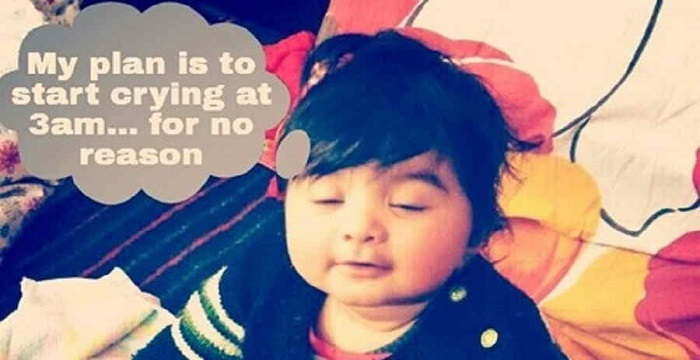
Conclusion –
Dear mommies and daddies, brace yourself, because infant crying at some point might wear you out and leave you clueless. How do I know? I went through this situation twice, and I just made a checklist. As soon as my baby started wailing, I first checked the diaper, and then I checked the feed time, the next I pressed the stomach to see if it showed any signs of being gassy, the next was to check if the baby is feeling comfortable in the clothes and in the bed. I also checked her hands and legs to rule out any chances of aches and fractures. I took her in my arms and roamed around and rocked her too, trying to shoo away her fussiness. When all these questions were ticked and still she did not stop crying, I said a silent prayer. Why? Because it was one of those nights when the baby said “Today I will cry for no reason at all,” and I said, “Sure, I am game.” Facepalm!
Article Source:
https://www.webmd.com/parenting/baby/why-baby-cries
https://www.thebump.com/a/why-do-babies-cry
https://en.wikipedia.org/wiki/Infant_crying#Causes
https://www.babycentre.co.uk/a536698/seven-reasons-babies-cry-and-how-to-soothe-them https://www.sciencedaily.com/releases/2017/04/170403083034.htm#:~:text=Crying%20generally%20peaks%20at%20around,%2C%20in%20twenty%2Dfour%20hours.
 Step-By-Step Guide To Burp Your Baby: How and When?
Step-By-Step Guide To Burp Your Baby: How and When?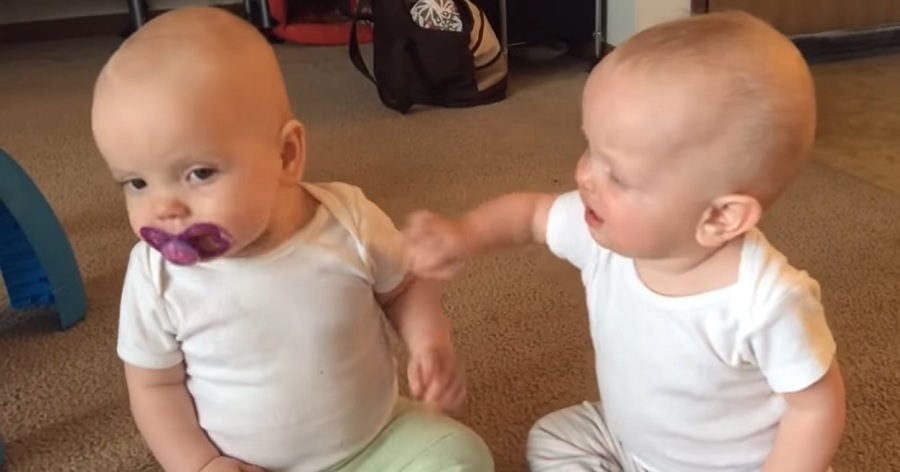 Baby Pacifiers Guide: Advantages, Disadvantages And How To Wean The Baby From A Pacifier
Baby Pacifiers Guide: Advantages, Disadvantages And How To Wean The Baby From A Pacifier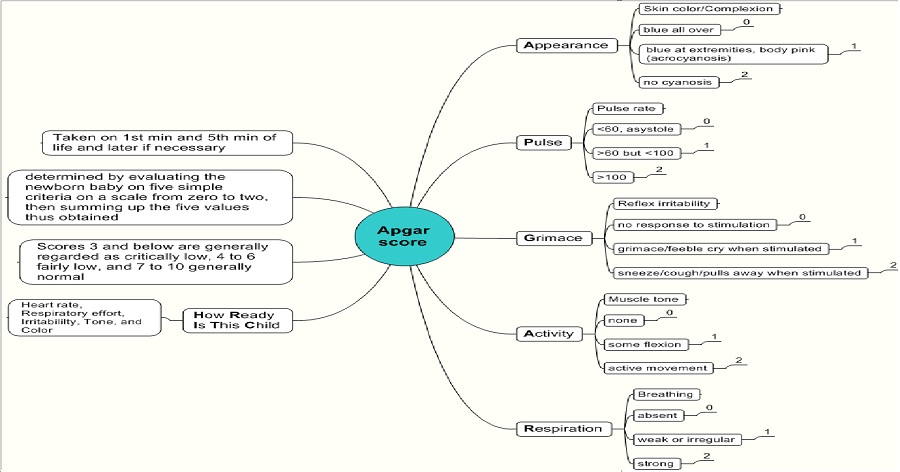 APGAR Score
APGAR Score Shaken Baby Syndrome
Shaken Baby Syndrome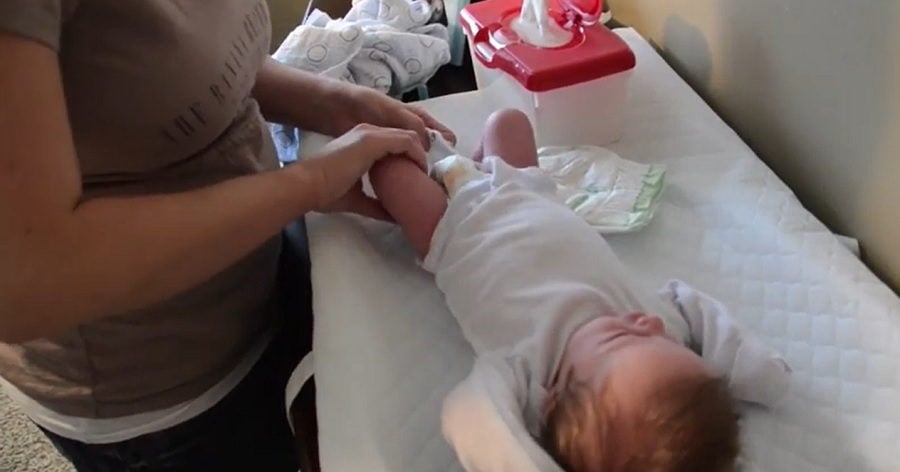 Types of Diaper Rash: Tips & Home Remedies To Treat Nappy Rash Naturally
Types of Diaper Rash: Tips & Home Remedies To Treat Nappy Rash Naturally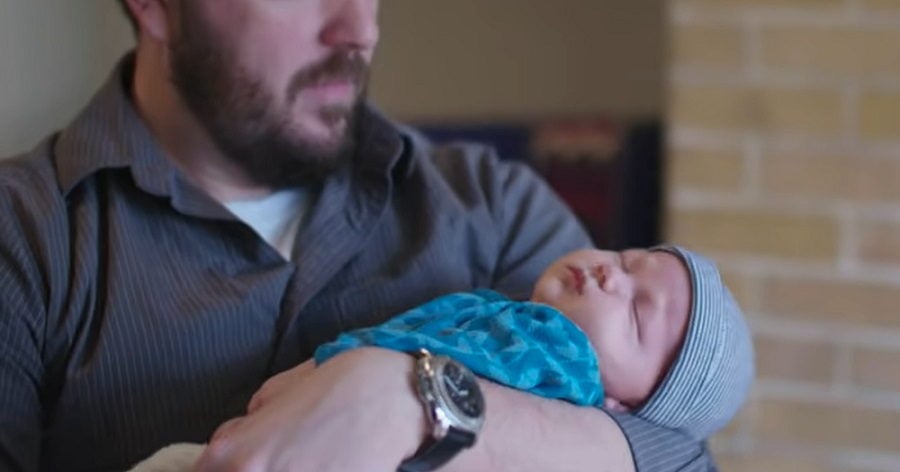 A Step-By-Step Guide on Infant Sleep Training: Baby Sleep Methods, Sleep Schedule & Sleep Position
A Step-By-Step Guide on Infant Sleep Training: Baby Sleep Methods, Sleep Schedule & Sleep Position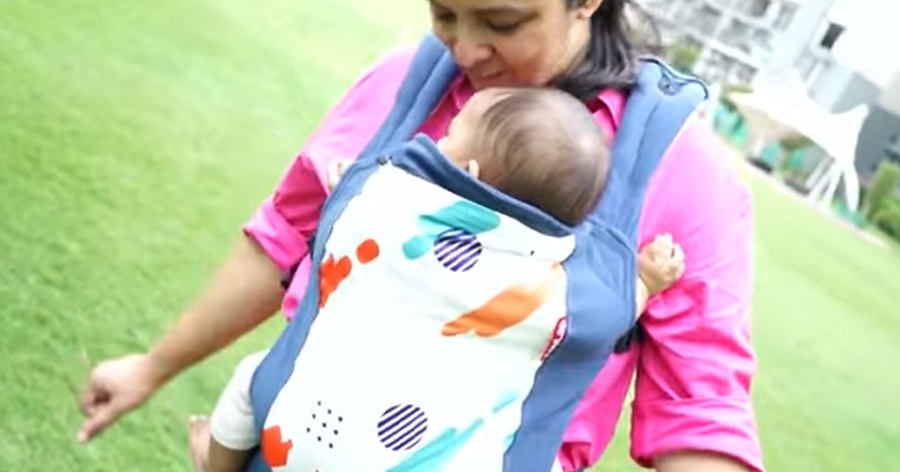 Baby Safety Products
Baby Safety Products Baby Bonding Tips & Techniques – How And When You Strike A Bond With Your Newborn
Baby Bonding Tips & Techniques – How And When You Strike A Bond With Your Newborn